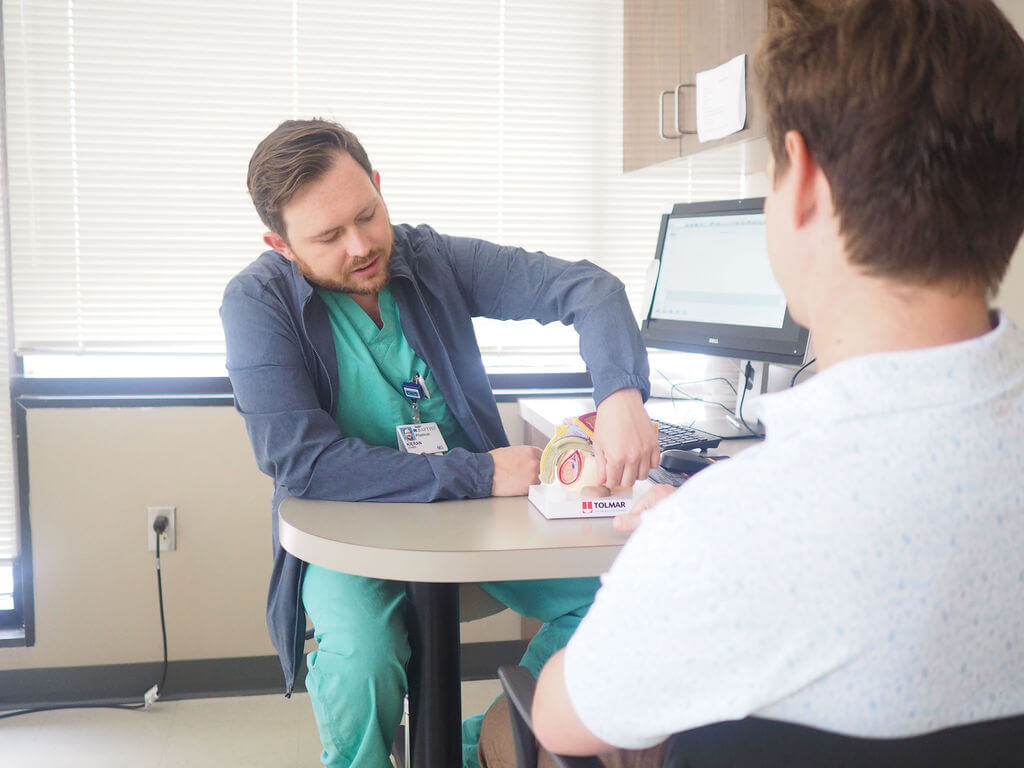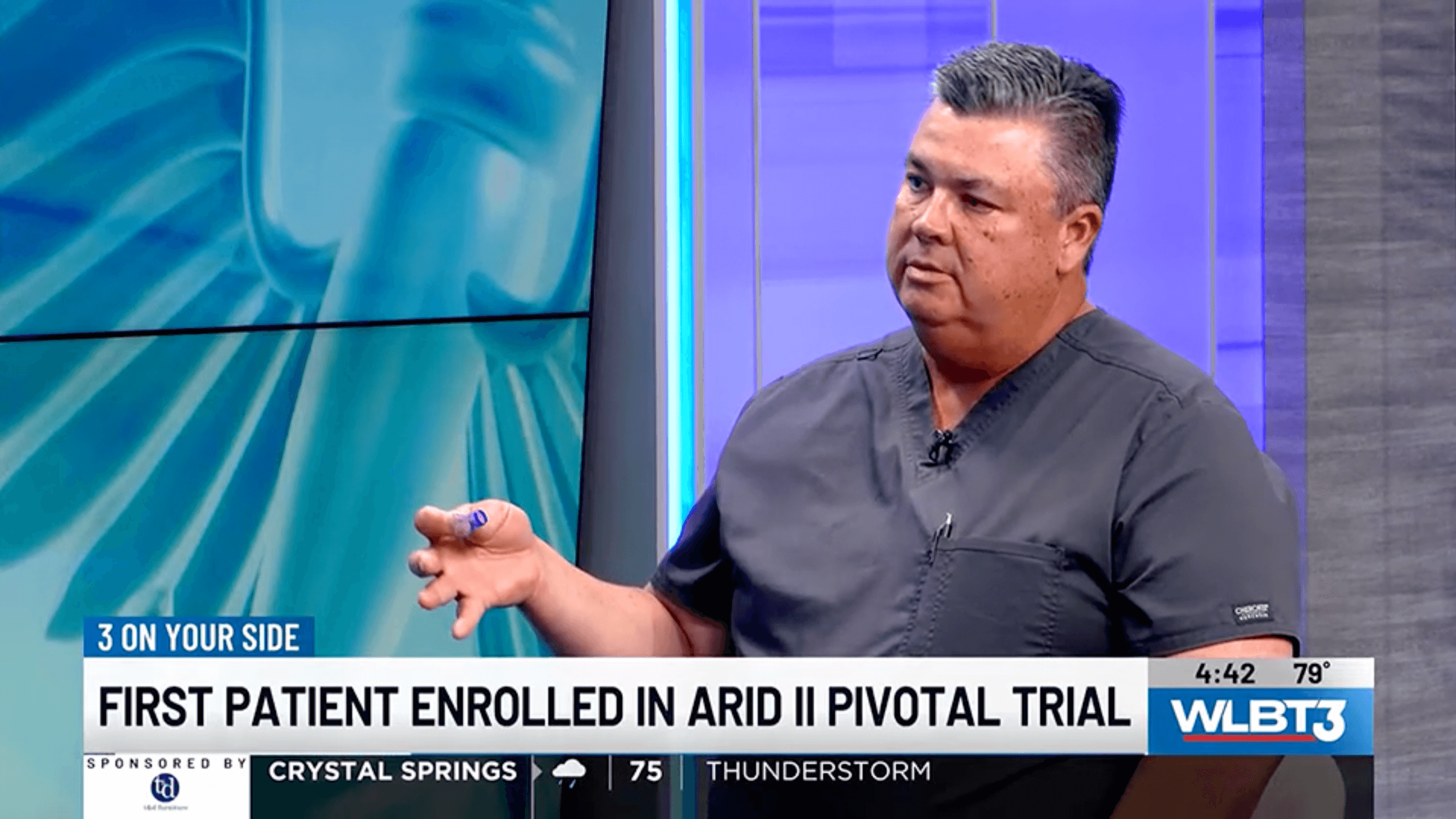Kidney stones are a painful and often unexpected urinary problem that can affect both men and women. While there’s no single cause, certain factors can increase your risk. Fortunately, by understanding what contributes to kidney stone formation, you can take proactive steps to reduce your chances of developing them.
In this guide, we’ll explore the different types of kidney stones, how to prevent them, who is most at risk, and what to do if you suspect you have one.
What Is a Kidney Stone?
A kidney stone is a solid mass that forms when substances in urine crystallize and clump together. These stones may remain in the kidney or travel down the urinary tract. While small stones may pass naturally, larger ones can block urine flow, causing intense pain.
Kidney stones vary in size, ranging from as small as a grain of sand to as large as a golf ball. Most stones are less than two centimeters wide and can have smooth or jagged edges. They typically appear yellow or brown.
Are Kidney Stones Painful?
Yes—many kidney stones cause sudden and severe pain, often accompanied by:
- Blood in the urine
- Burning or frequent urination
- Nausea and vomiting
- Infection-related symptoms like fever and chills
Although painful, most kidney stones don’t cause permanent damage if treated promptly. Many stones pass on their own with pain management and increased water intake. However, if a stone gets lodged in the urinary tract or causes complications, medical intervention—such as surgery—may be necessary.
How Can I Prevent Kidney Stones?
Since kidney stones form due to diet, hydration levels, genetics, and certain medical conditions, prevention involves making small but effective lifestyle changes.
Foods and Drinks to Avoid
If you’re prone to kidney stones, limiting or avoiding certain foods can significantly lower your risk:
- Sodium – Processed foods, deli meats, condiments, and even baked goods often contain high levels of salt, which can increase calcium levels in urine and contribute to stone formation.
- Oxalate-Rich Foods – While many oxalate-containing foods are healthy, they can contribute to calcium oxalate stones. Limit spinach, rhubarb, sweet potatoes, soy, chocolate, coffee, nuts, and beets if you're at risk.
- Animal Protein – Excessive intake of beef, pork, poultry, and fish can lead to an increase in uric acid, a key factor in certain kidney stones.
- Vitamin C Supplements – While vitamin C is beneficial for overall health, excessive supplementation can increase oxalate levels and contribute to kidney stones.
Foods and Habits That Help Prevent Kidney Stones
While some foods should be limited, adding stone-fighting nutrients to your diet can provide protection:
- Stay Hydrated – Drinking plenty of water is the most effective way to prevent kidney stones. If plain water is difficult to consume in large amounts, try lemonade or orange juice, which contain citrate—a natural stone inhibitor.
- Eat More Calcium (From Food, Not Supplements) – Calcium binds with oxalate in the digestive system, reducing stone formation. Good sources include dairy products, fortified plant milks, and leafy greens. However, avoid calcium supplements, as they can increase stone risk.
- Check Your Medications – Some medications, including chemotherapy drugs, anticonvulsants, diuretics, and steroids, can contribute to kidney stones. If you’re at risk, discuss alternatives with your doctor.
- Consider Prescription Prevention – If dietary adjustments aren’t enough, your doctor may prescribe medications that reduce stone formation.
Who Is More Likely to Get Kidney Stones?
While anyone can develop kidney stones, certain factors increase your risk:
- Family History – If a close relative has had kidney stones, your chances of developing them increase significantly.
- Obesity and Diabetes – Overweight individuals and those with type 2 diabetes are at higher risk. Managing weight and blood sugar levels can help reduce kidney stone formation.
- Gout – This condition causes excess uric acid buildup, which can contribute to uric acid kidney stones.
- Digestive Conditions or Surgery – Individuals with gastric bypass surgery, inflammatory bowel disease, or frequent urinary tract infections are more susceptible.
Get Expert Kidney Stone Treatment
Kidney stones can be painful and disruptive, but prevention is possible with the right lifestyle changes. If you’ve had kidney stones before or suspect you may be developing one, Mississippi Urology Clinic is here to help.
With nine locations across Mississippi, we offer expert diagnosis and treatment for kidney stones and other urinary conditions. Schedule an appointment today to speak with one of our urologists.









.jpeg)






%20(1).png)










